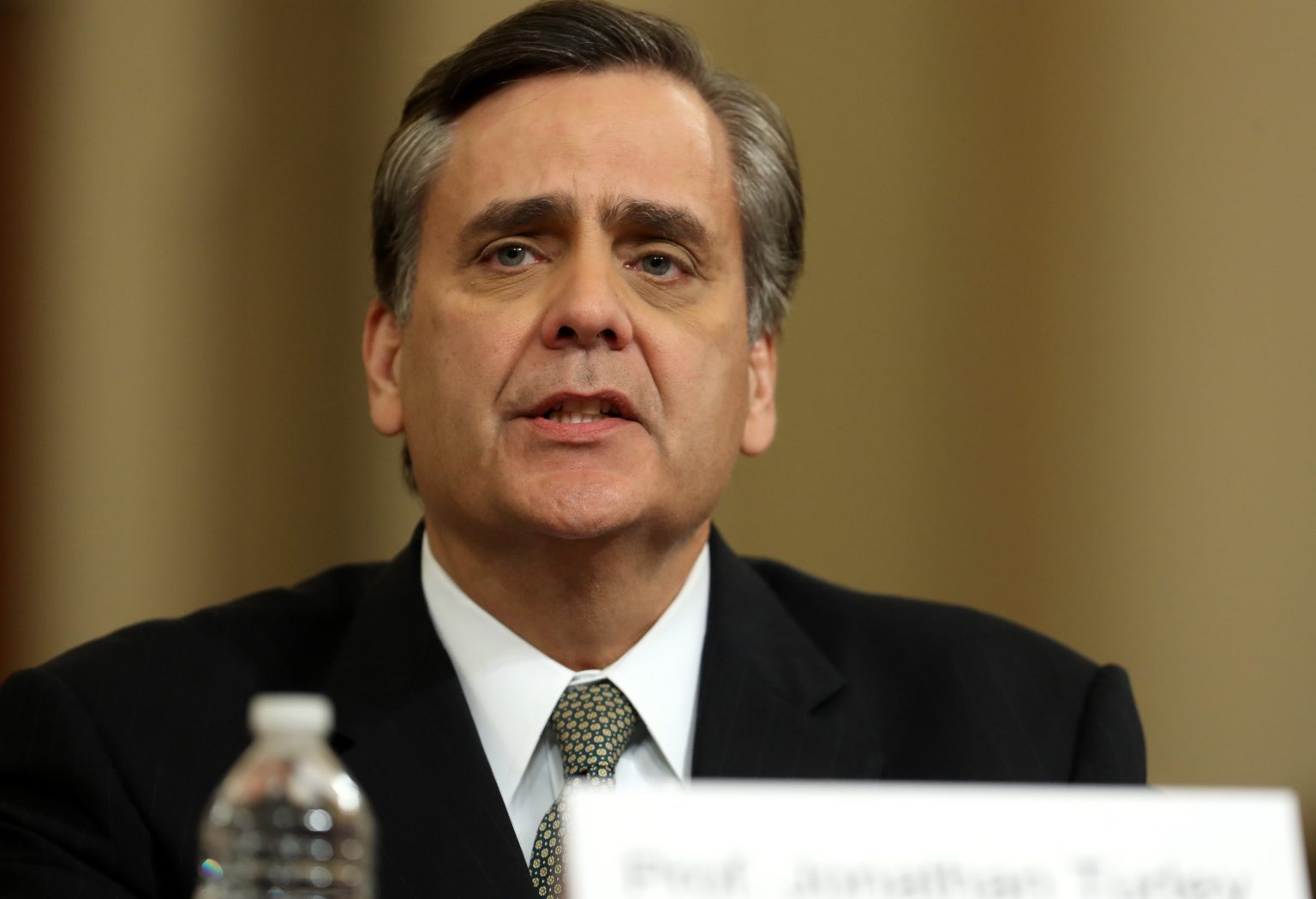Adult film star Stormy Daniels faced cross-examination in Manhattan Criminal Court, where her claim of not trying to get money from former President Donald Trump was called into question by legal analyst Jonathan Turley. Trump, who is the presumptive 2024 Republican presidential nominee, was indicted on charges of falsifying business records related to hush money paid to Daniels during his 2016 presidential campaign. Daniels had alleged an affair with Trump in 2006, which he denied, and Trump has pleaded not guilty to all charges, claiming the case is politically motivated.
During her testimony, Daniels stated that her motive was not money but rather to control the narrative of her story. However, it was revealed during the cross-examination that her former publicist had attempted to sell her story to news outlets and that she ultimately signed a non-disclosure agreement after learning that Trump and Cohen were interested. Turley pointed to a taped conversation between Daniels and her former lawyer Keith Davidson as evidence that contradicted her claim of not being motivated by money.
Trump’s attorney Susan Necheles grilled Daniels about her interactions with Davidson, accusing her of pressuring him to secure money before the 2016 election to maintain leverage. Necheles also questioned Daniels about her decision to publicly discuss her encounter with Trump despite having signed the non-disclosure agreement. Daniels denied yelling at Davidson and emphasized that she wanted to defend herself against attacks following Cohen’s disclosures.
Norm Eisen, another attorney and legal analyst, praised Daniels’ toughness during her cross-examination, noting that some witnesses perform well under pressure. Despite this, George Conway, a known critic of Trump, expressed frustration with the defense’s focus on Daniels’ post-story activities, including a strip tour titled “Make America Horny Again.” The defense’s questioning suggested that Daniels had capitalized on the story for financial gain, which Daniels denied, stating that she had objected to the tour’s name and merchandise.
The trial brings to light the complexities of Daniels’ interactions with Trump and Cohen, highlighting the legal and personal implications of their relationship. The case underscores the intersection of politics, media, and personal narratives, with each side presenting its own interpretation of events. As the trial continues, further revelations may shed light on the motivations and actions of all parties involved, shaping the public’s perception of this high-profile legal battle.


